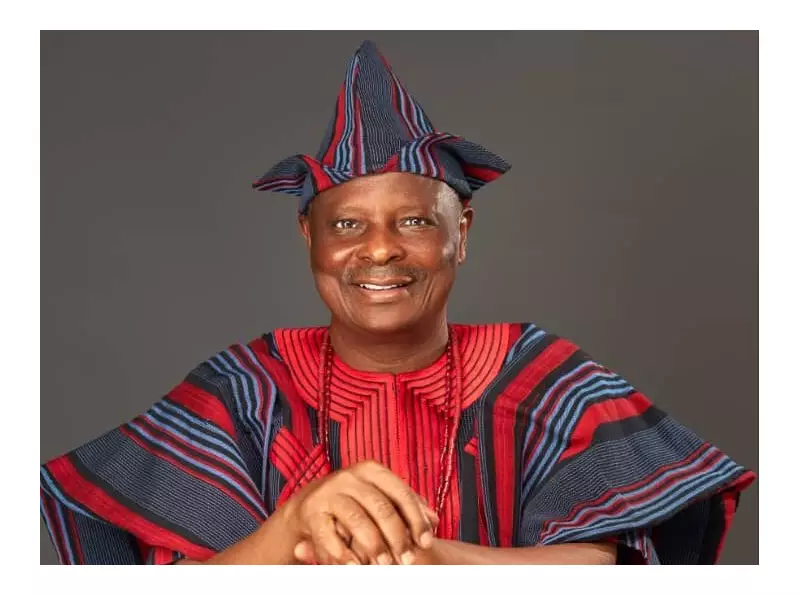
In the vibrant tapestry of Nigerian politics, few symbols carry as much weight as the distinctive red cap worn by Rabiu Musa Kwankwaso. As the former Kano State governor celebrates his 69th birthday, his political journey offers compelling insights into Nigeria's democratic evolution.
The Birth of a Political Movement
What began as a simple fashion choice has transformed into one of Nigeria's most recognizable political brands. The Kwankwasiyya movement, named after its founder, has grown from regional roots into a national phenomenon that continues to challenge political conventions.
The red cap isn't just headwear—it's become a statement of ideological commitment, representing a unique blend of populist appeal and political pragmatism that has resonated across northern Nigeria and beyond.
From Kano to National Prominence
Kwankwaso's political career spans decades, marked by significant achievements and controversial moments. His tenure as Kano State governor saw ambitious infrastructure projects and educational reforms that cemented his reputation as a development-focused leader.
Yet it's his ability to maintain political relevance across different administrations that demonstrates his strategic acumen. "Kwankwaso represents a rare breed of Nigerian politician who has managed to stay relevant while maintaining a distinct identity," notes political analyst Adebayo Williams.
The Conscience of Opposition Politics
As founder of the New Nigeria Peoples Party (NNPP), Kwankwaso has positioned himself as an alternative to the dominant political parties. His movement appeals particularly to younger Nigerians seeking change from established political structures.
The red cap symbolism extends beyond party affiliation, representing:
- A challenge to political establishment
- Grassroots mobilization
- Ideological consistency
- Northern political identity
Legacy and Future Prospects
At 69, Kwankwaso faces questions about his political future and the sustainability of his movement. His recent presidential bid demonstrated both his national appeal and the limitations of challenging well-established political machines.
The enduring power of the Kwankwasiyya movement lies in its ability to adapt while maintaining core principles. As Nigeria approaches another election cycle, all eyes will be on how this political phenomenon evolves.
Whether one views him as a political maverick or a calculating strategist, Kwankwaso's impact on Nigerian democracy is undeniable. The red cap continues to symbolize the complex interplay between personality, ideology, and political mobilization in Africa's largest democracy.





